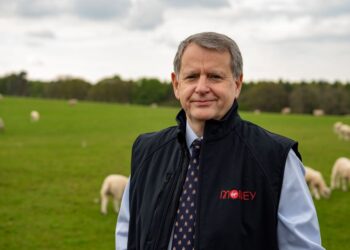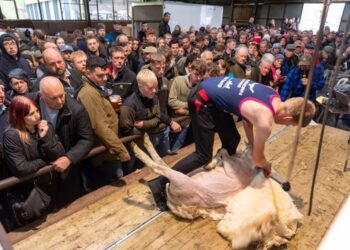
The MP for Penrith says there is “anxiety” among the farming community about new government schemes that will help to shape the future of farming and the environment.
Parliament’s Environment, Food and Rural Affairs Committee is today publishing the government’s response to its report on the government’s plans for the future of farming and the environment.
The committee’s original report, published in October, scrutinised the Government’s Environmental Land Management (ELM) scheme. ELM will replace the current European Union-style direct payments to farmers with a new approach to farm support which the government hopes will also deliver its environmental ambitions.
Chair of the Environment, Food and Rural Affairs Committee, Neil Parish MP said: “We welcome the government response to our report and the additional information the government has provided. But the Department should be aware that there is still a lot of confusion and uncertainty among farmers.
“The committee is disappointed that the government isn’t building in contingency plans to give it the option of greater flexibility when it comes to phasing out the old EU direct payments.
“The government needs to ensure the new payments are attractive enough financially for farmers to want to engage with it. To be brutally clear – the rates of payment to farmers must be high enough.
“That’s the only way the government will achieve its own aims of producing healthy food for consumption at home and abroad as well as meeting its environmental goals.
“Our committee will be keeping a close eye on how the new scheme works for farmers as well as the rest of the country.”
Dr Neil Hudson, MP for Penrith and The Border and member of the EFRA Committee, said: “The new ELM funding scheme for farmers and land managers offers significant opportunities to deliver the public goods that we all believe in. However, there is much anxiety in the rural community about these schemes.
“I urge the Government to work with rural stakeholders to get this right, so that there are no cliff edges in farmers’ payments and that farmers can be rewarded suitably and fairly for producing local sustainable high animal welfare food for our nation. We must support our fantastic British farmers through this transition so that our food security and precious environment are both protected.”































